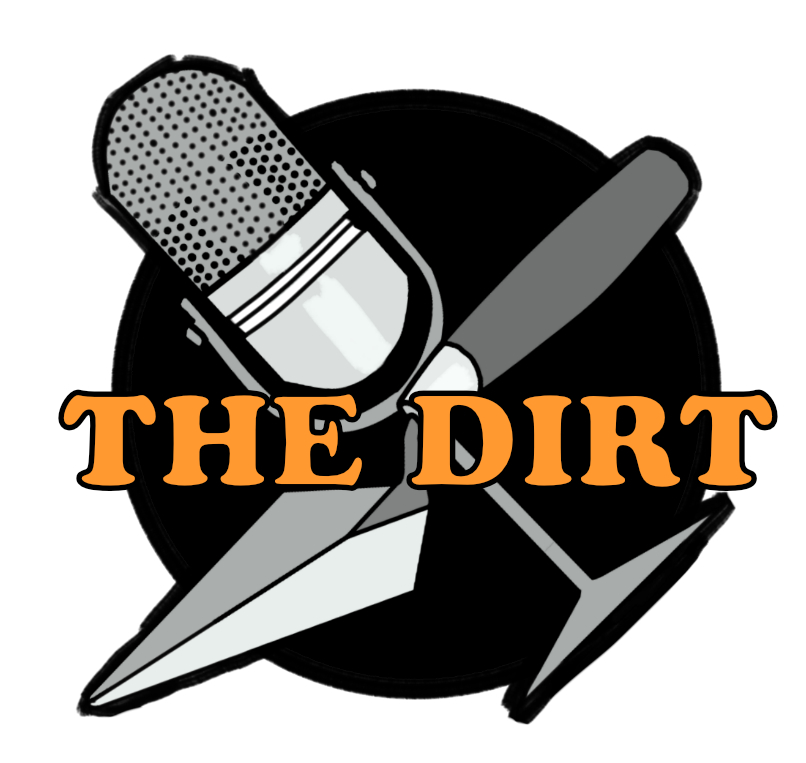Episode 123 - The Good Old Days: Prehistoric Inequality
This week's episode is a listener-sponsored one! Ancient hunter-gatherers are often painted as egalitarian, with all members contributing to the needs of the group. But what does evidence from prehistory say about things like access to nutrition, or care for the sick or injured? Are there cases where some individuals were clearly treated differently from others? How far back can we go to find clues? Stay tuned, sleuths.
Image: A Mbendjele hunter organizes meat for community sharing after a hunt. Wikimedia Commons CC BY-SA 4.0
Did agriculture create inequality? (Scientific American)
Hunter-gatherer envy (SAPIENS)
https://www.sapiens.org/culture/hunter-gatherer-inequality-namibia/
Issues with using modern forager groups as proxy for ancient ones
https://onlinelibrary.wiley.com/doi/full/10.1002/evan.21869
Deliberate burial? For all, or just some? (SAPIENS)
https://www.sapiens.org/culture/hominin-burial/
Sunghir burials (SAPIENS)
https://www.sapiens.org/archaeology/paleolithic-burial-sunghir/
Different types of burials at Sunghir (Antiquity)
Status-symbol scapulae?
https://link.springer.com/article/10.1007/s12520-019-01004-1
